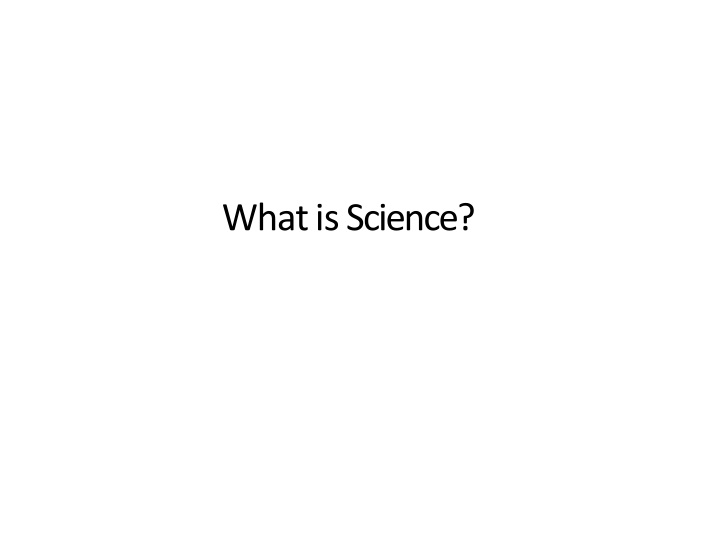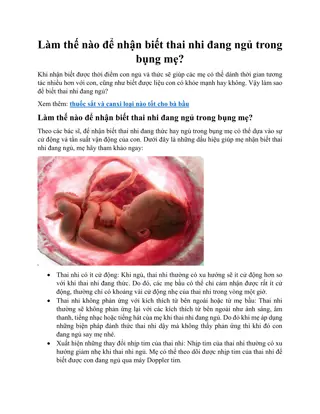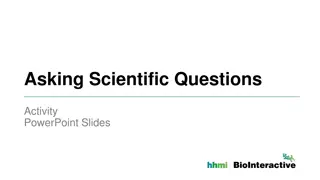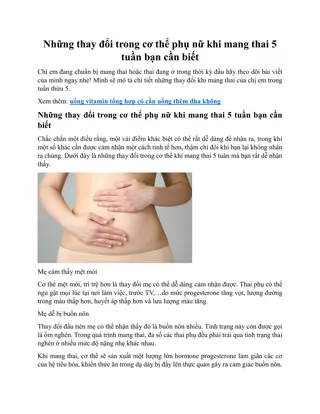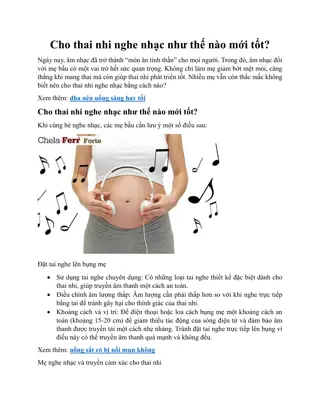Unveiling the Essence of Science
"Science is not merely a static collection of facts but a dynamic method of provisional quest for knowledge that distinguishes itself by its falsifiability and reliance on criticism. It transcends mere knowledge to encompass a broad spectrum of human endeavor, prompting the discernment between scientific and non-scientific statements with its core principle of falsifiability."
Download Presentation

Please find below an Image/Link to download the presentation.
The content on the website is provided AS IS for your information and personal use only. It may not be sold, licensed, or shared on other websites without obtaining consent from the author.If you encounter any issues during the download, it is possible that the publisher has removed the file from their server.
You are allowed to download the files provided on this website for personal or commercial use, subject to the condition that they are used lawfully. All files are the property of their respective owners.
The content on the website is provided AS IS for your information and personal use only. It may not be sold, licensed, or shared on other websites without obtaining consent from the author.
E N D
Presentation Transcript
What do the following statements all have in common? Science is a collection of facts that tell us what we know about the world. A scientific theory is one that has been proven. The sun revolves around the earth is not a scientific statement. If my theory is correct, then I should observe that rich countries are more likely to be democracies. I do observe that rich countries are more likely to be democracies. Therefore, my theory is correct. Politics cannot be studied in a scientific manner.
Science is NOT a collection of facts that tell us what we know about the world. A scientific theory is NOT one that has been proven. The sun revolves around the earth IS a scientific statement. If my theory is correct, then I should observe that rich countries are more likely to be democracies. I do observe that rich countries are more likely to be democracies. IT DOES NOT FOLLOW that my theory is, therefore, correct. Politics CAN be studied in a scientific manner.
Is science a body of knowledge or a collection of facts? No if this were the case, then Newtonian physics would have to be called unscientific because it s been replaced by more recent theories. No if this were the case, then we couldn t make appeals to science in order to determine the veracity of that knowledge. We would be engaging in circular reasoning. The body of knowledge we call scientific may well be a product of science, but it isn t science itself.
Science is a method for provisionally understanding the world. Science is a quest for knowledge. But is science any quest for knowledge? Are meditation, religion, or introspection science?
Science is a quest for knowledge that relies on criticism. The thing that allows for criticism is the possibility that our theories or claims might be wrong.
The thing that distinguishes science from non-science is that scientific statements must be falsifiable. There must be some imaginable observation that could falsify or refute them. All scientific statements must be potentially testable. This doesn t mean that our theories will ever be falsified, just that there s a possibility they could be falsified.
There are two types of non-falsifiable statements: 1. Tautologies. 2. Statements about unobservable phenomena.
A tautology is a statement thats true by definition. Triangles have three sides.
A tautology is a statement thats true by definition. Triangles have three sides. Strong states are able to implement policies.
A tautology is a statement thats true by definition. A tautology is a statement that s true by definition. Triangles have three sides. Strong states are able to implement policies. Unlesswecan think of a wayof identifying a strong state without referenceto its ability to implementpolicies, then this statementcan t be falsifiedand is, therefore, notscientific.
Statements about unobservable phenomena. Godexists or God created the world are claims that can t be falsified and therefore aren t scientific.
Statements about unobservable phenomena. Godexists or God created the world are claims that can t be falsified and therefore aren t scientific. This does not mean that non-science is nonsense or that these claims are necessarily false.
The scientific method describes the process by which scientists learn about the world. 1. Question 2. Theory or Model 3. Implications (Hypotheses) 4. Observe the World (Test Hypotheses) 5. Evaluation
Question Why did that occur? Surprise implies a prior expectation or theory. Without a pre-existing theory, there can be no surprises or puzzles.
Theory/Models A theory is a set of logically consistent statements that tell us why the things we observe occur. It is an abstraction that offers an explanation as to why something happens. An explanation identifies for us a cause or a causal process. Theory is often referred to as a model.
A model is a simplification of the world. What a model needs to contain depends on the question. Models are useful or not useful, not right or wrong. Models are like maps. A model can be informal or formal. Though they don t have to be, informal models tend to be long and imprecise.
When generating a theory its useful to think of the starting puzzle as the end result of some previously unknown process. We then speculate about what (hidden) process might have produced our starting puzzle. In other words, we try to imagine a prior world that, if it existed, would produce this otherwise puzzling observation. This becomes our model explaining the observation.
Deriving Implications Once we have our model, we must deduce implications from our theory other than those we set out to explain in the first place. If the prior world we created to explain the phenomenon we originally found puzzling really did exist, what else ought we to observe? Good models are pregnant with many different implications.
Observe the World The next step is to examine whether the implications of the model are consistent with observation. We should conduct difficult tests and not seek to dogmatically confirm the implications. A critical test allows us to use observation to distinguish between two or more competing explanations of the same phenomenon.
Evaluation If we observe the implications deduced from our theory, then we say that our theory is corroborated. We do not say that our theory is proven. We then continue to look for evidence that would contradict our theory. If we fail to observe the implications deduced from our theory, then our theory is probably wrong and so we return to theory construction.
Evaluation If we observe the implications deduced from our theory, then we say that our theory is corroborated. We do not say that our theory is proven. We then continue to look for evidence that would contradict our theory. If we fail to observe the implications deduced from our theory, then our theory is probably wrong and so we return to theory construction. Possible measurement error. Probabilistic vs deterministic. It takes a theory to kill a theory"
The Case of Smart Female Athletes A professor has noticed that women who engage in athletic activities frequently outperform the average student in their classes. This is surprising because female athletes often have to miss class for competitions. Can you think of a model a process that might produce this puzzling observation?
You might start with the following conjecture: Female athletes are smart. While this is an explanation, it s not a particularly good one.
One thing you might think to do to improve your explanation is to make it more general. Athletes are smart.
One thing you might think to do to improve your explanation is to make it more general. Athletes are smart. But there are at least two problems with this model: 1. There s no sense of process. 2. The model is close to being a tautology.
This might lead you to look for a new explanation that includes some sort of process that makes female athletes appear smart. Being a good athlete requires a lot of hard work. Performing well academically in college ralso equires a lot of hard work. Students who develop a strong work ethic in athletics are able to translate this to their studies.
Work Ethic Theory: Some activities provide a reward for hard work. Individuals who engage in these activities develop a habit of working hard and so will be successful in other areas of life as well. This model provides a process explaining why female athletes might be more academically successful than other students. An appealing feature of the model is that it applies to any person involved in an activity that rewards hard work.
Can you think of any alternative explanations for why female athletes appear smart?
Excellence Theory: Everyone wants to feel successful, but some people go long periods without success and become discouraged. Those individuals who experience success in one area of their life (perhaps based on talent, rather than hard work) develop a taste for it and devise strategies to be successful in other parts of their life. Anyone who achieves success in nonacademic areas, such as athletics, will be more motivated to succeed in class.
Gender Theory: In many settings, women are treated differently from men. This differential treatment often leads women to draw inferences that certain activities are not for them. Because many athletic endeavors are gender specific, they provide an environment for women to develop their potential free from the stultifying effects of gender bias. The resulting sense of efficacy and autonomy encourages success when these women return to gendered environments like the classroom.
One way is to test some of the implications that can be derived from these theories. In particular, we d like to find some new question(s) to which the three models give different answers. In other words, we d like to conduct a critical test that would allow us to choose among the alternative reasonable models.
Science involves constructing logically consistent theories. There are two reasons why you should care about logic: 1. If you can t distinguish between a valid and an invalid argument, then it s easy for someone to manipulateand exploit you! 2. Logic tells us quite a lot about the way scientists should test their theories.
An argument is a set of logically connected statements, typically in the form of a set of premises and a conclusion. A premise is a statement that s presumed to be true within the context of an argument leading to a conclusion. A conclusion in an argument is a claim that s thought to be supported by the premises.
An argument is valid when accepting the premises compels us to accept its conclusion. An argument is invalid if, when we accept the premises, we re free to accept or reject its conclusions.
A categorical syllogism consists of a major premise, a minor premise, and a conclusion.
The major premise is typically a conditional statement such as If P, then Q. If . . . is the antecedent. then . . . is the consequent. If a country is wealthy, then it will be a democracy.
The minor premise consists of a claim about either the antecedent or the consequent of the conditional statement. The conclusion is a claim that s thought to be supported by the premises.
Antecedent Consequent ? ? Affirm ? ? Deny Which of these arguments are valid?
Affirming the Antecedent: Valid General Form Specific Example Major Premise If P, then Q. If a country is wealthy, then it will be a democracy. Minor Premise P. The country is wealthy. Conclusion Therefore, Q. Therefore, the country will be a democracy.
Affirming the Antecedent: Valid General Form Specific Example Major Premise If P, then Q. If a country is wealthy, then it will be a democracy. Minor Premise P. The country is wealthy. Conclusion Therefore, Q. Therefore, the country will be a democracy. Q P
Denying the Antecedent: Invalid General Form Specific Example Major Premise If P, then Q. If a country is wealthy, then it will be a democracy. Minor Premise Not P. The country is not wealthy. Conclusion Therefore, not Q. Therefore, the country will not be a democracy. Q P
Affirming the Consequent: Invalid General Form Specific Example Major Premise If P, then Q. If a country is wealthy, then it will be a democracy. Minor Premise Q. The country is a democracy. Conclusion Therefore, P. Therefore, the country is wealthy.
Affirming the Consequent: Invalid General Form Specific Example Major Premise If P, then Q. If a country is wealthy, then it will be a democracy. Minor Premise Q. The country is a democracy. Conclusion Therefore, P. Therefore, the country is wealthy. Q P
